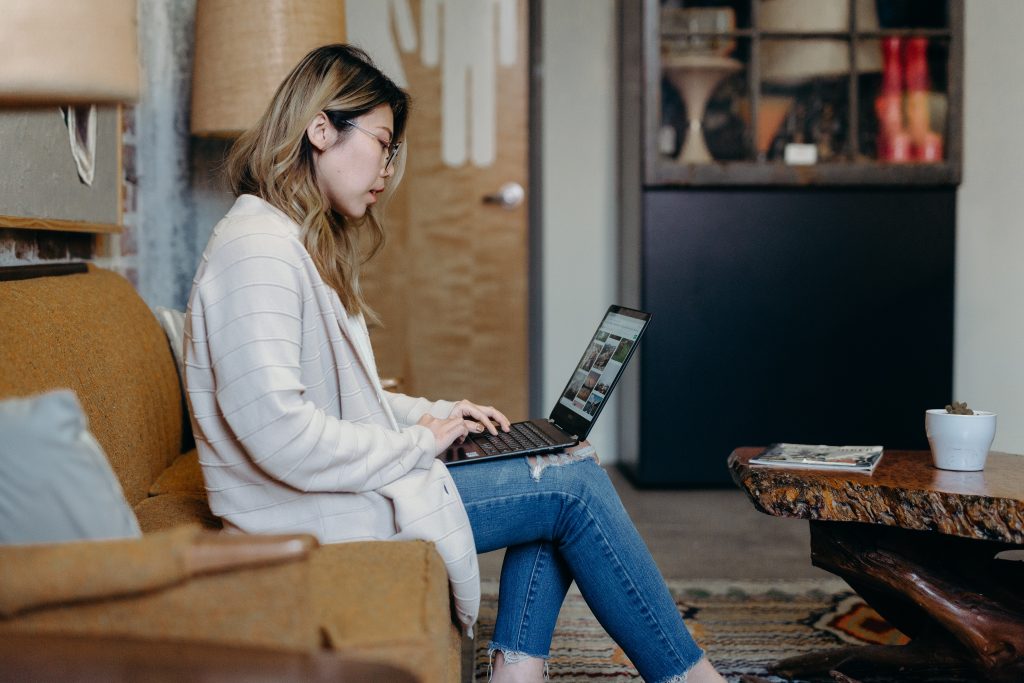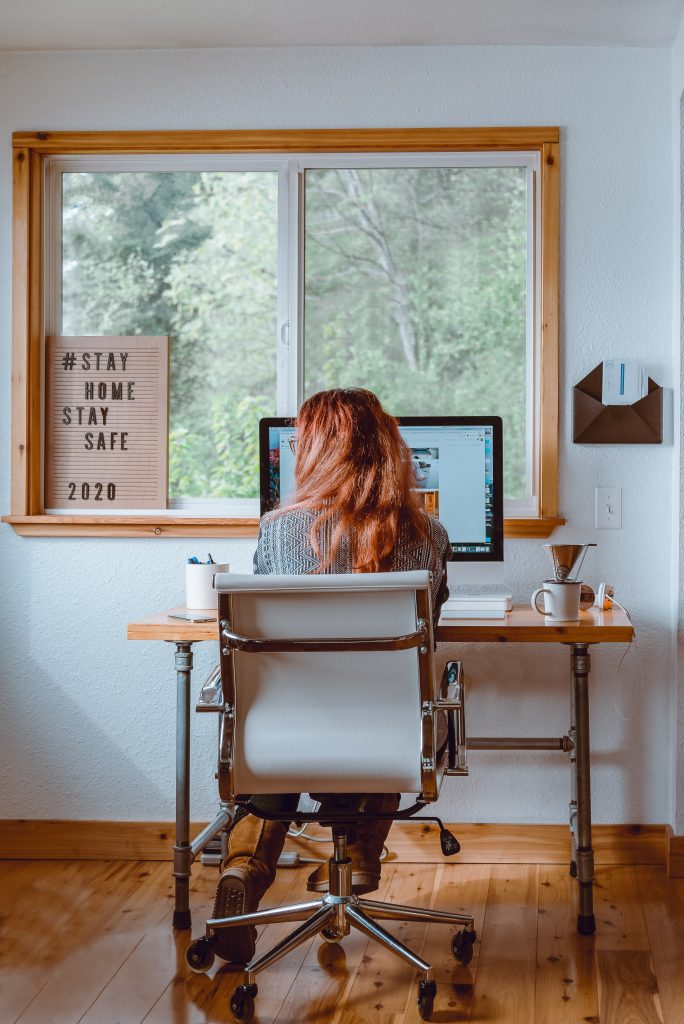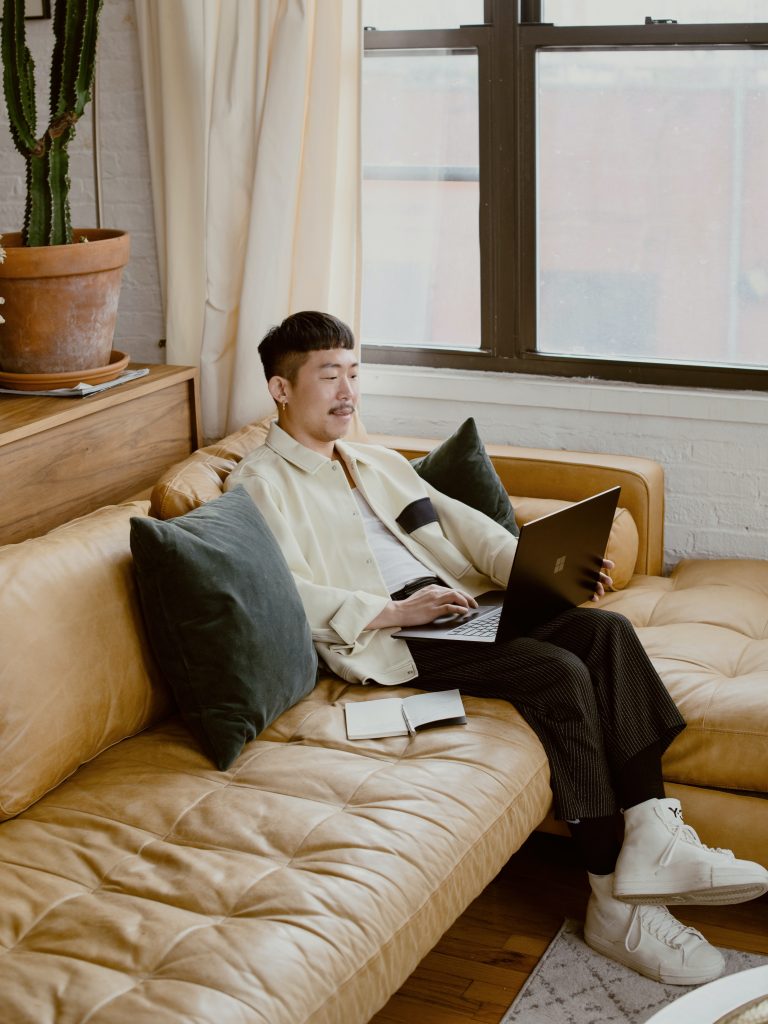HELP YOUR EMPLOYEES TO
FEEL LKE HOME

THIS ADDITION TO YOUR EMPLOYEE BENEFITS PACKAGE CAN HELP YOU STAY COMPETITIVE INTERNATIONALLY.
BERLIN - MITTE
WHY AN INTERIOR DESIGN SERVICE IS A BENEFIT THAT GOES FAR BEYOND NERF GUNS AND FREE BEER.
Thanks to technology, it’s never been easier to connect with other people, apply for a dream job or travel. That’s why so many people are taking their ambitions overseas and applying for jobs in cities all over the world. Berlin, for example, is home to more than one million expats, who make up nearly 30 percent of the city’s population. Living in Berlin appeals to many people, which creates an incredible opportunity for local businesses to recruit international talent and stay competitive in a global market.
To acquire these sought-after recruits, companies compete by offering attractive benefits packages and perks. Start-ups competing with each other by providing in-office ping pong tables, nerf guns and toy helicopters, free beer, Xbox systems, and food trucks.
While free beer may make the workday a lot more fun, it doesn’t actually help retain talented employees. When an extraordinary recruit moves abroad to work for your company, making them feel like at home should be a priority. Why? Let me explain.
I would like to provide you time and space to have that conversation with your partner. What each of you values in your home? What do you want to use the space for? What are your must-haves and your hard-nos? And where are you willing to compromise? Asking these questions will let you discover, where you differ and is it possible to combine your styles together.
During the workshop, you will be working on your own flat layout. You leave the classes with the interior design concept crafted by both of you.
Cut costs and eliminate the stress of finding housing
According to an Ikea report from 2019, one in three people say that they don’t feel completely “at home” in their living space. While 135 million of the world’s expats say they moved because of their career, settling down in a foreign country isn’t always easy. Isolation often sets in, which is why about half of all expats eventually return to their home country.
To get and keep talented recruits, employers must take steps to ensure that new employees experience a smooth move abroad and feel at home in their new city.
According to the Telegraph report, a large proportion of people who relocate abroad feel isolated. They decided to live away from close friends and now face an onslaught of problems, like: finding a new home, perhaps transitioning their families, learning a new language, forming new social circles and living far from familiarity. If the feeling of isolation persists, as many as half of all expats return home.
To make matters worse, relocation managers often cannot find housing that fits the needs of both the employer and the employee. About 64 percent of relocation managers struggle with the high cost of finding somewhere for the employee to live, partly due to the employee’s expectations. Unsurprisingly, recruits don’t want to move to a lower-quality flat or one that lacks adequate furnishings.
Luckily, an interior design service could fulfil the needs of both the employee and the employer, eliminating much of the stress for both parties. On the employer side, providing the interior design service would cut costs immensely. Quite often, apartments that look unappealing at first glance can transform into fabulous spaces, even with the smallest of redesigns. An architect can easily uncover hidden possibilities and implement any necessary changes. By working closely with the employee, the architect can define his needs and design a space that fulfils all expectations. The new employee will be overjoyed to finally move into a flat that fits his or her needs perfectly without breaking the company’s budget, which would otherwise be spent on an endless search for the perfect space. A fantastic result for everyone involved!
Compete for the best talent
Let’s face it — competing for the world’s most talented employees gets more and more difficult every year. Thanks to services like LinkedIn, quality candidates see their inboxes flooded with job offers.
The expansion of technology makes this especially true for IT professionals. However, the pool of tech workers remains relatively small compared to the demand for those skills. Thus, they face a near-constant influx of job offers boasting fantastic benefits and wages.

In order to stand a chance of securing talented employees, your benefits package should stand out. Many recruiters must ask themselves which benefits they can offer to attract the best of the best. Free beer is cool, but it could be easily exchanged with another fun gadget. Companies need to think about the benefits that affect the employees longer term. Providing an interior design service could be the key to beating out the competition. Offering them a place to stay, a home that they love, is way more important because it proves that employers care about the well-being of employees people beyond working hours.
In addition, many IT employees change jobs often due to better offers elsewhere. Training new tech employees is expensive, and it can take a lot of time for new hires to fully learn a company’s systems and coding. However, by helping to create home that your employees will love, they’ll be far more likely to stay at your company and resist other job offers and packages. Plus, you’ll save yourself time, recruiting effort and training expenses.
Reduce cultural identity crises to improve workplace performance
Having a place called home will also help to avoid a “cultural identity crisis,” which almost every expat deals with at some point of their life. Home is an extension of our identities and is a strong statement about who we are. When you feel connected to yourself at home, it’s far easier to adapt to a new way of life — and therefore, perform better at a new job.
Workloads in the 21st century are often fast-paced and demanding as we expect more and more from ourselves more and more. However, we tend to forget the importance of resting. Whoever has done sports before already knows that regeneration time is nearly as important as proper training. The same applies to employees and their work/life balance. After a tiring day at work, there’s no better place than your home to shed your stress and relax. There is no question that having a comfortable, calming and happy place that suits your needs and lifestyle is indispensable.
Upon relocating to a new city, studies have shown that self-esteem depends on a feeling of “hominess” related to interior design features. Having a functional space that integrates well with your own identity is a positive precursor to developing a place attachment and boosting self-esteem.Good self-esteem generates positive work relationships, improved communication with others, better teamwork, enhanced moods and a general sense of well-being.
Along with increasing self-confidence, having an amazing apartment that truly feels like “home” could foster a sense of belonging. In my previous job, I worked with big brands in the retail business and learned how important identity is to a brand. For us expats, the issue of identity is equally important. I strongly believe that having a home which reflects who we are helps fend off the cultural identity crisis that almost all expats experience at some point. Moreover, with this sense of belonging, employees are far more likely to remain in their new city — and, therefore, stay at your company.
The apartment has the potential to be a sanctuary where employees connect with themselves. Through careful planning and design, the architect can help employees express their identities within their new environment.
Conclusion
Start-up environments with free beer and nerf guns are cool. I wouldn’t mind those perks from time to time. But those benefits don’t truly improve an employee’s longevity within your business.
Instead, by helping your employees create a home they actually want to live in, you offer potential candidates so much more. This includes an increased quality of life, a smooth transition to a new country, a place to rest and recharge, and better mental health. An interior design service is an incredible addition to any benefits package that will keep employees happy and loyal to your company.
WHO IS YOUR TUTOR ?
The workshop will be held by an architect Zuzanna Kotecka, who works behind the label Nomads at home. As a Nomad herself, she has lived in seven cities and she went through the process of settling down many times. Recently she went on the quest to make other nomads feel at home.
EXPERIENCE
She was learning her craft for several years working in architectural offices in Berlin and Warsaw. During that time she got specialized in luxury retail design and had been working with big, world-known brands in Germany and across the world. She is knowledgeable about and involved in every aspect of design: from first projects drafts to the implementation of the vision into the plans, visualizations, construction drawings to material selections to working with contractors to overseeing the implementation on the site.
EDUCATION
Hi Nomad!
GET IN TOUCH!
If you’re looking to collaborate, we’re all ears and excited to delve into the details of your project or business.
We speak English, German, and Polish.

